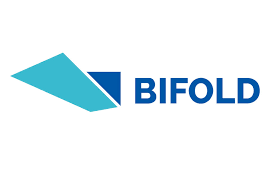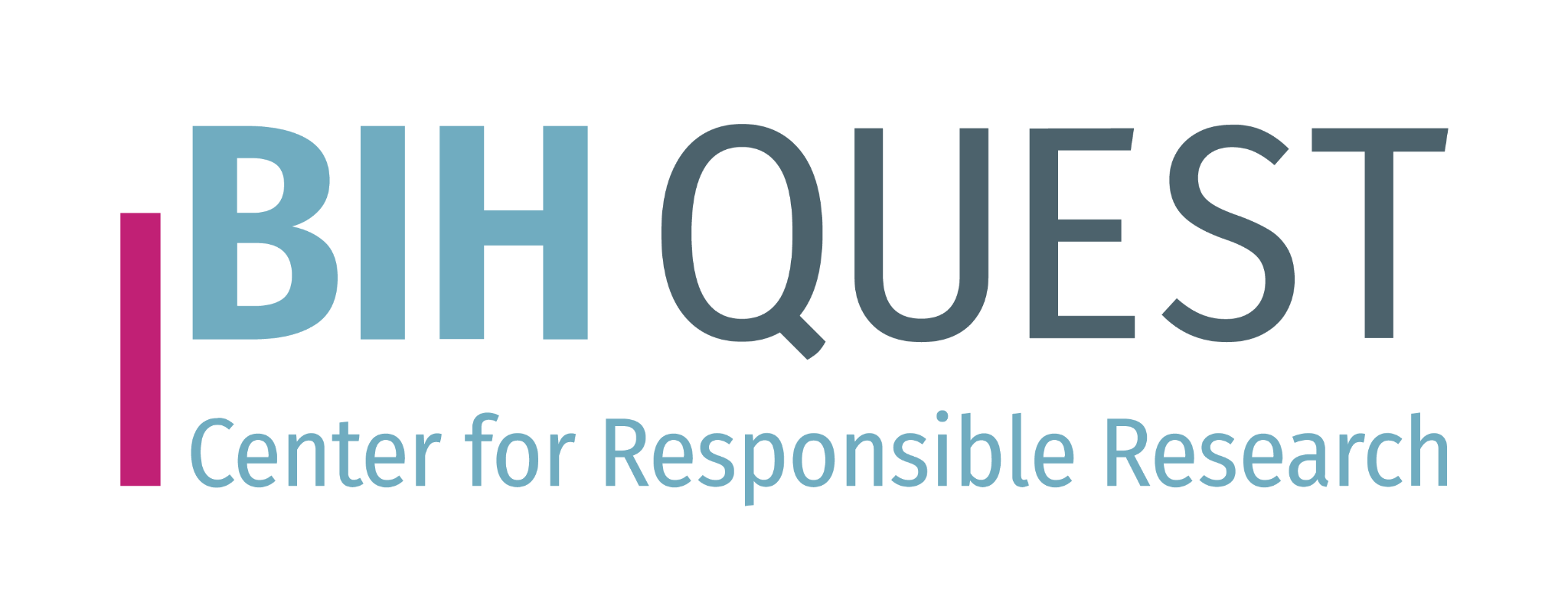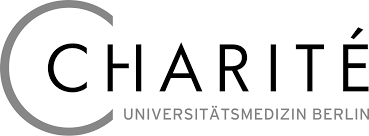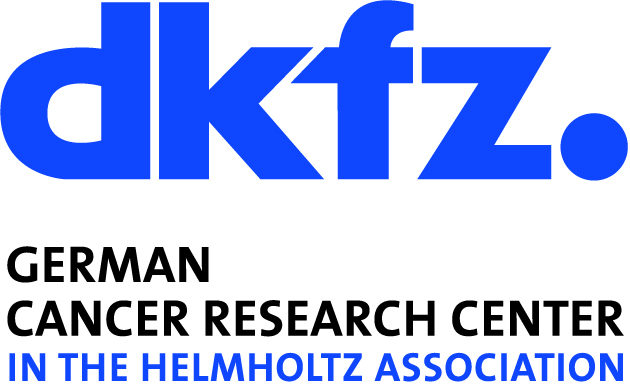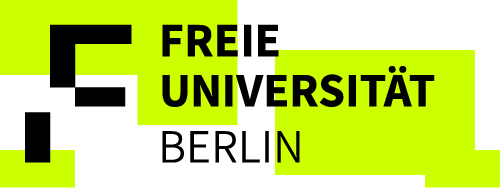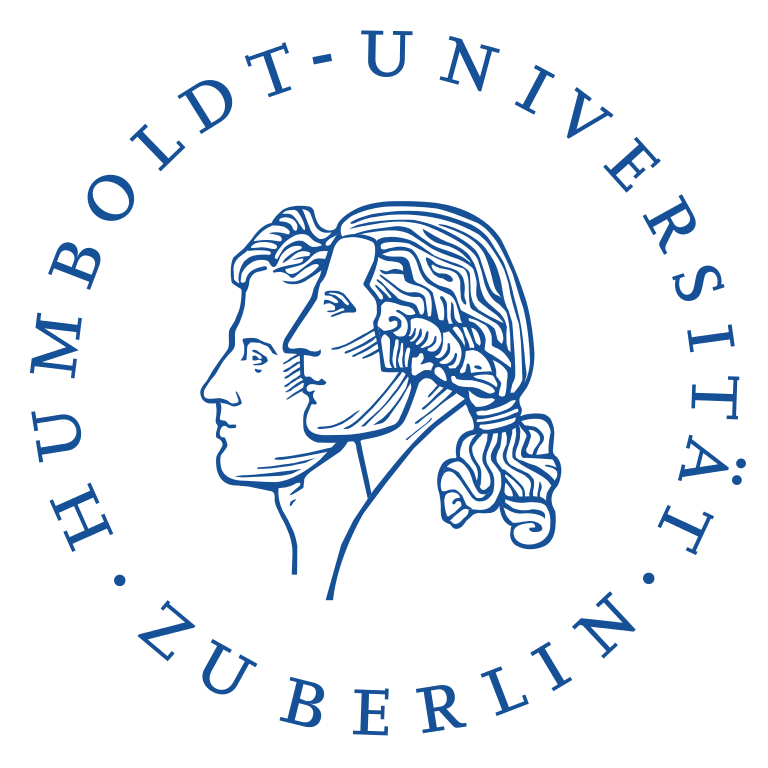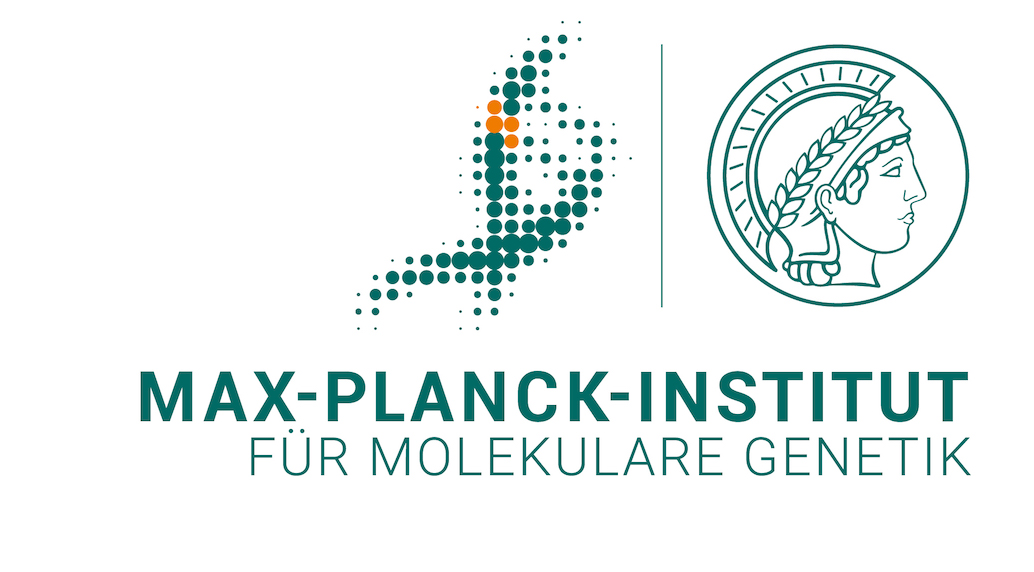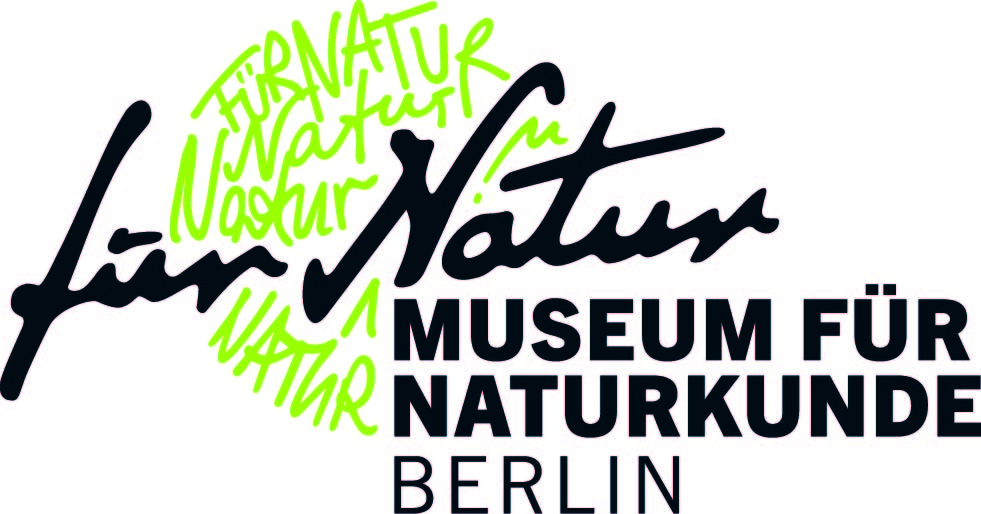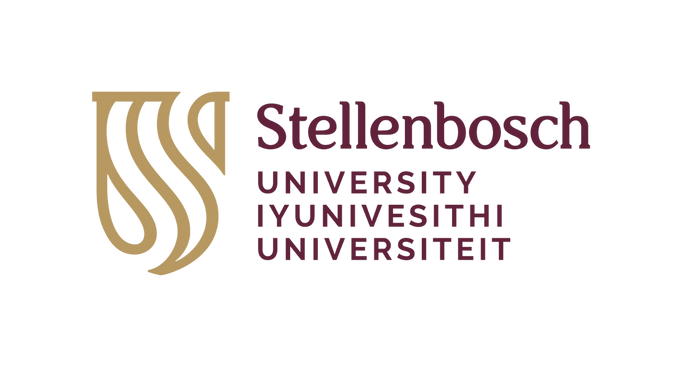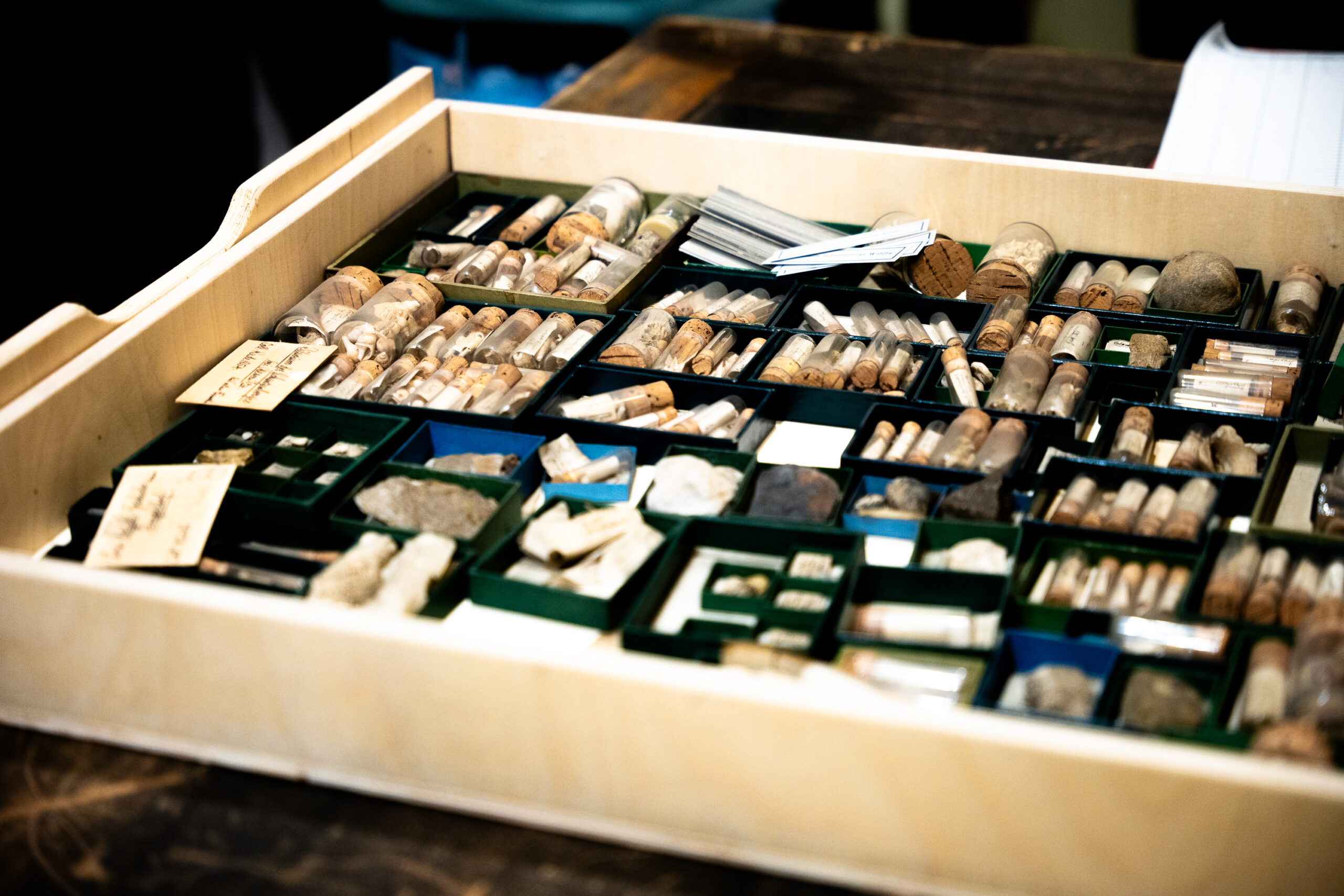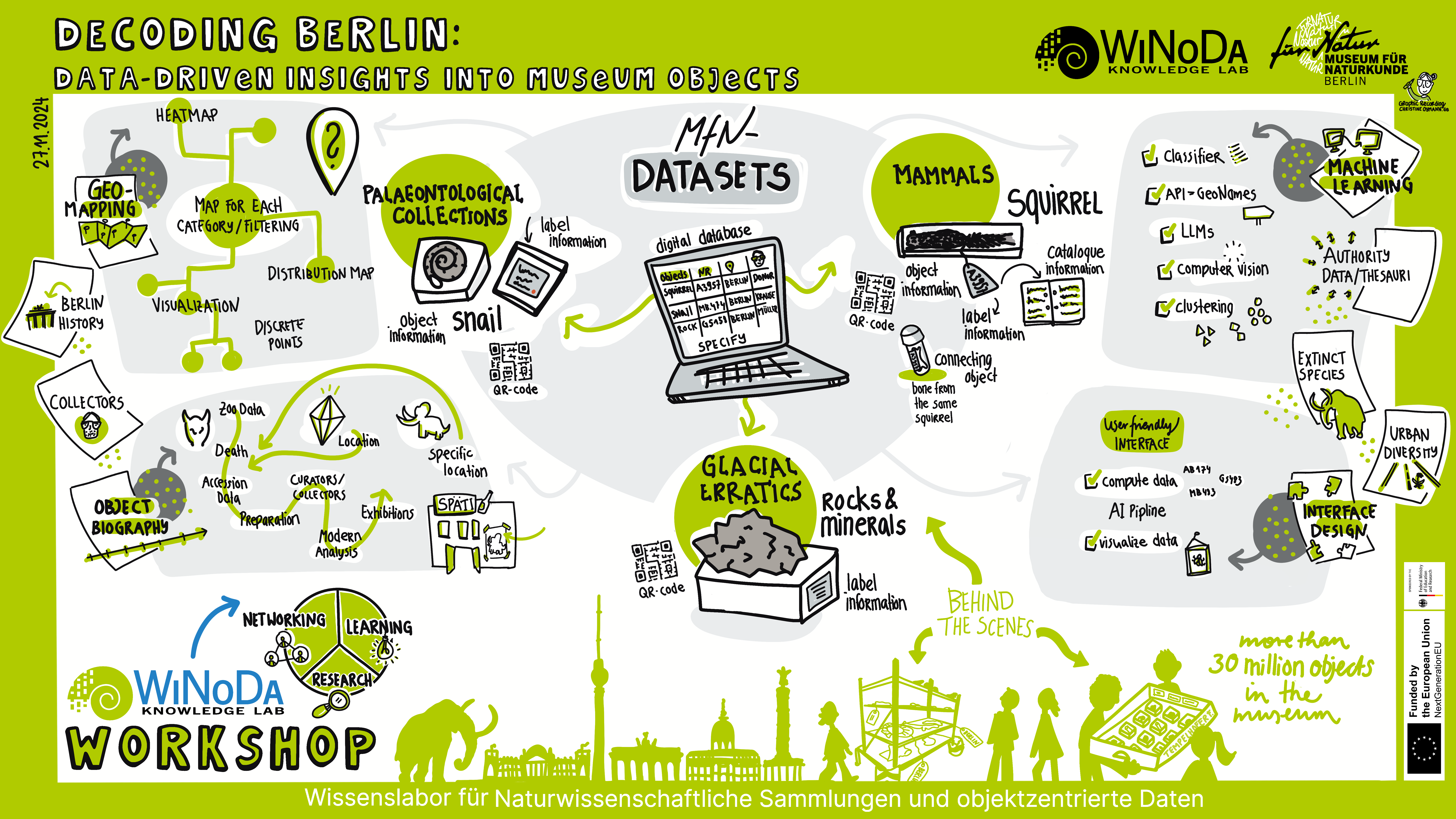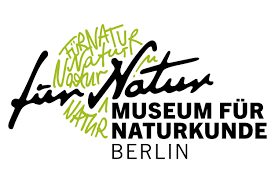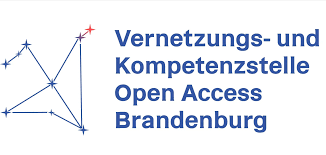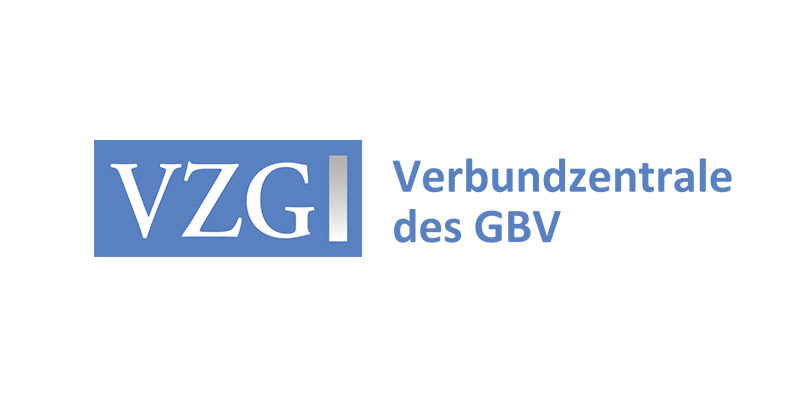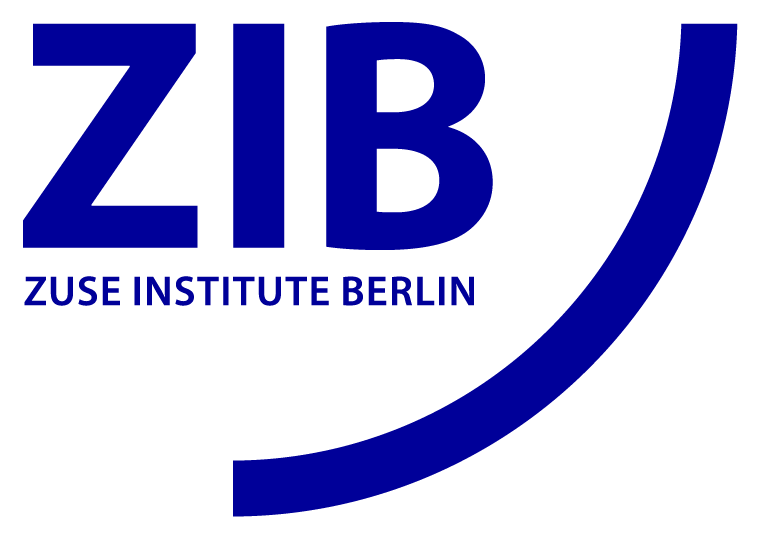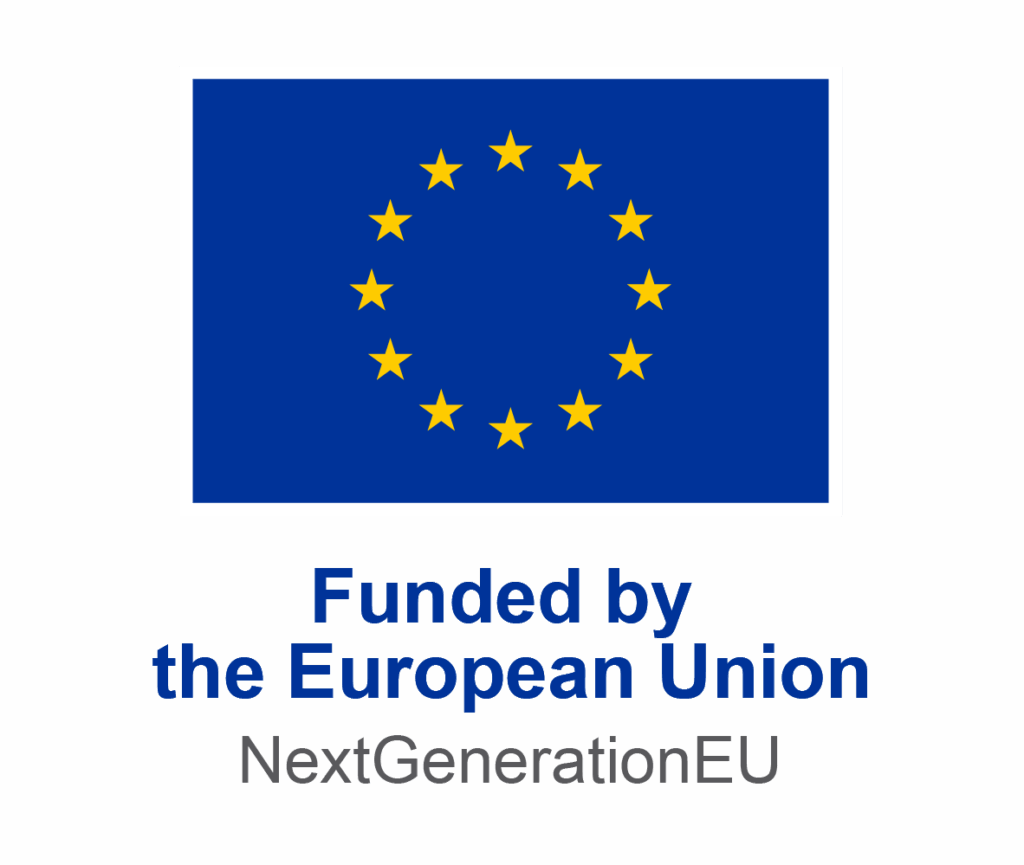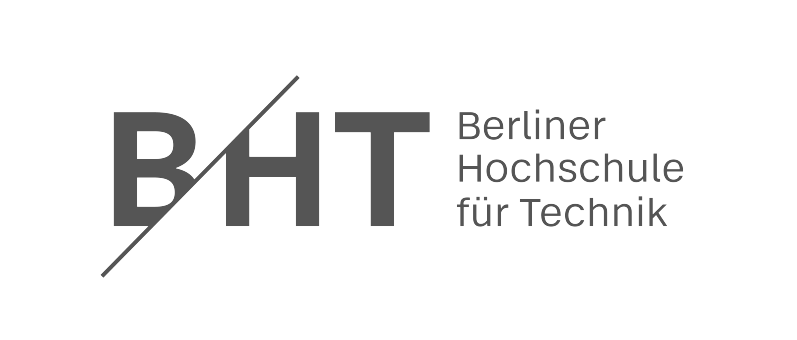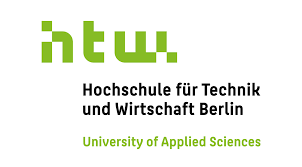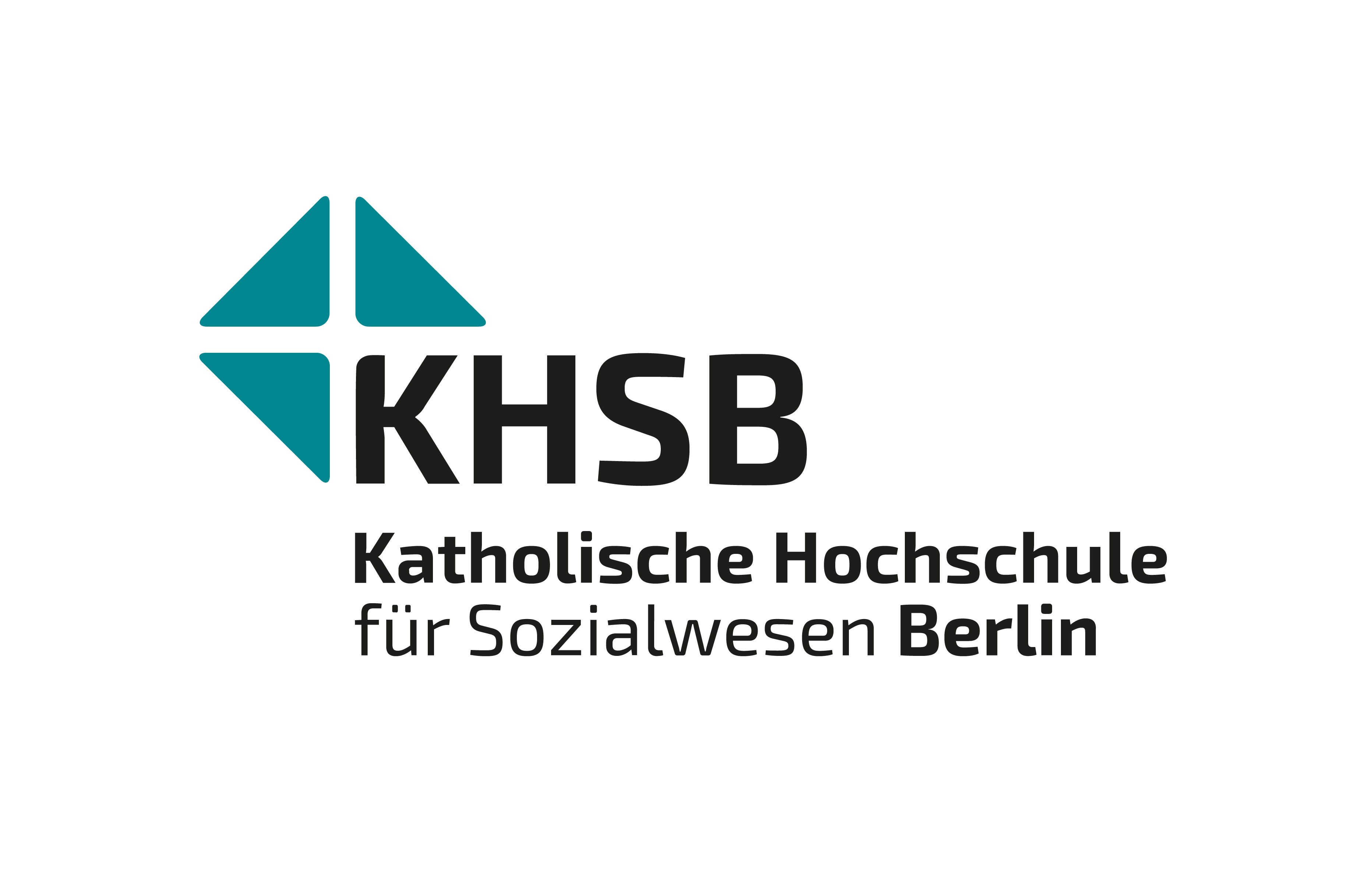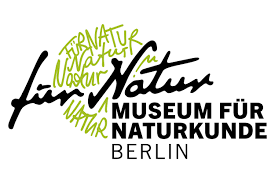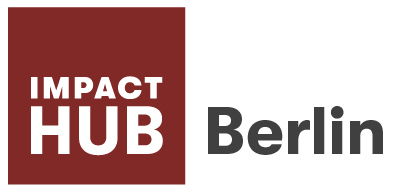We Work Together
Our work is grounded in our community of research and practice within Germany and internationally. The Berlin School of Public Engagement, a project of the Public Engagement and Impact Unit (PEI) at the Museum für Naturkunde Berlin, draws inspiration from the diverse research projects within the whole Unit, which we showcase here. Through our research projects and partnerships we continuously develop our expertise, learn from others and share our perspectives. Explore our projects and resources below.
Explore our Resources
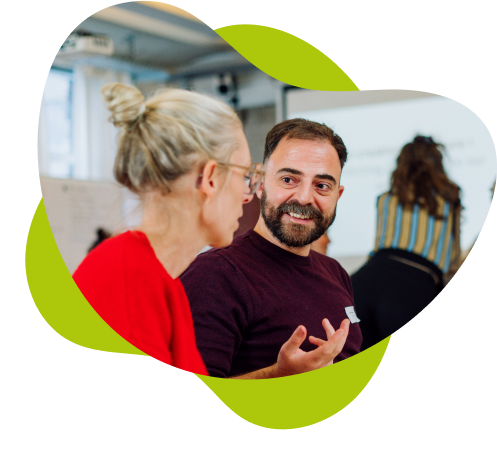
Research and Collaboration Projects
Our research takes a reflective approach that adds to the academic knowledge base on Public Engagement practice at individual, institutional, national, and global levels. We examine the barriers, benefits, strategies, policies, and outcomes of Public Engagement practice, particularly for academic stakeholders, such as researchers, research institutes, funders, and Public Engagement professionals. The outcomes of our Public Engagement research are applicable in many disciplinary and institutional contexts.
Resources and Publications
CFA Place in Engagement – A Collaborative Encyclopedia
Place in research engagement is more than just a location. It shapes how people interact, whose voices are heard, and what kinds of knowledge are valued. During the Collaborative Futures Academy 2025 we took a deep dive into the power of Place, inspired by disciplines like Geography and Design. More than 50 people from 15 countries brought CFA 2025 to life with their expertise and exchange. To capture this knowledge, we invited participants to contribute to a collaborative publication using a design-based process. The result is “Place in Engagement – A Collaborative Encyclopedia”, a unique exploration of our Academy insights and a creative invitation to continue the conversation.
Exploratory Study on Collaborative Research in Germany
Commissioned by the Stifterverband, this exploratory study examines how transdisciplinary and participatory research and public engagement with research can be systematically strengthened in Germany. It was conducted by the Public Engagement and Impact Unit and the Berlin School of Public Engagement and Open Science at the Museum für Naturkunde Berlin. The study analyses policy frameworks, institutional structures, and practical examples to identify what enables effective collaboration between science and society, and where further development is needed to embed research with society as a core dimension of research culture and scientific quality.
Collaborative Futures Academy (CFA) Toolkit
Senior Round Table report, South Africa
In December 2022, the Berlin School of Public Engagement and Open Science, in partnership with the South African Department of Science and Innovation and the German Federal Ministry of Education and Research, hosted a Senior Round Table (SRT) on Public Engagement in Cape Town, South Africa.
The SRT brought together individuals operating at a senior level in Research Institution Management, Research Funding, Research Policy, and Public Engagement Support and Delivery in South Africa and Germany. The task was to discuss the status and potential of Public Engagement with research to inform future agendas for cooperation and funding between South Africa and Germany.
The output of the SRT is this report for participants and funders, which intends to inform future agendas for cooperation and funding, and provide recommendations for future activities.
The Principles for Public Engagement
Our Principles for Public Engagement serve as a guiding light for people who shape the dialogue between research and society. They address key questions: How do we want to approach citizens? What are our goals? How can we encourage researchers to engage with publics effectively? These principles unite the community of Public Engagement practitioners in Germany, offering a clear framework for meaningful interaction.
Public Engagement brings research and society into dialogue and transcends traditional science communication by fostering co-productive, bi-directional methods. Our definition is:
“Public Engagement describes a field in the German research landscape, the practice of exchange between researchers and the public, and stands for the attitude that research and society benefit from mutual interaction.”
To embed Public Engagement deeply into the German research culture, a fundamental shift toward participatory and dialogue-oriented research is essential. Our Principles guide this cultural change, providing researchers and practitioners with a unified approach to enhance and professionalise Public Engagement.
The development of the Public Engagement Principles began with a working group formed at the First Steps Symposium. An expanding network of practitioners as well as the Berlin School and Cyber Valley developed the Principles. The process has been steadily managed in the spirit of Open Science. In addition to regular meetings with a wide variety of groups, we hosted several virtual and public consultations. The first iteration was published in November 2022. The current version from 2023 was supplemented by principles on equity, diversity and inclusion. This living document continues to evolve, with ongoing opportunities for input.
Our Principles are dynamic, shaped by active community involvement. Through public consultations and feedback, the Principles have transformed significantly. We invite everyone to participate in this ongoing process through our LinkedIn group and contribute to the future development of the Principles for Public Engagement. Join us in shaping the future of Public Engagement!
Impact: Definitions, How to manage it, A case study
This resource provides an overview of key terms related to impact, including impacts, outcomes, outputs, inputs, and indicators. It introduces the Logic Model as a framework for planning, evaluating, and managing public engagement initiatives and includes a case study demonstrating its application. The document is informed by impact literature and practice and was collaboratively produced by IETI – Impact-Oriented Public Engagement and the Berlin School of Public Engagement and Open Science.
Exploring Impact Practice in Public Engagement at the Museum für Naturkunde Berlin
The main aim of this report is to present and discuss a subset of research data collected as part of the IETI Work Package 1 (see IETI website for detailed information on the work packages), which focused on mapping impact practice at the Museum für Naturkunde Berlin in relation to planning and assessing the impact of Public Engagement (PE). A survey was conducted (spring 2023) asking MfN PE staff about the impact of their PE initiatives, if and how they assess impact, while also understanding constraints and support needs regarding impact management of their PE. The report also discusses what one can learn from this research and proposes diverse potential solutions/strategies for improving institutional impact planning and assessment at the MfN.

